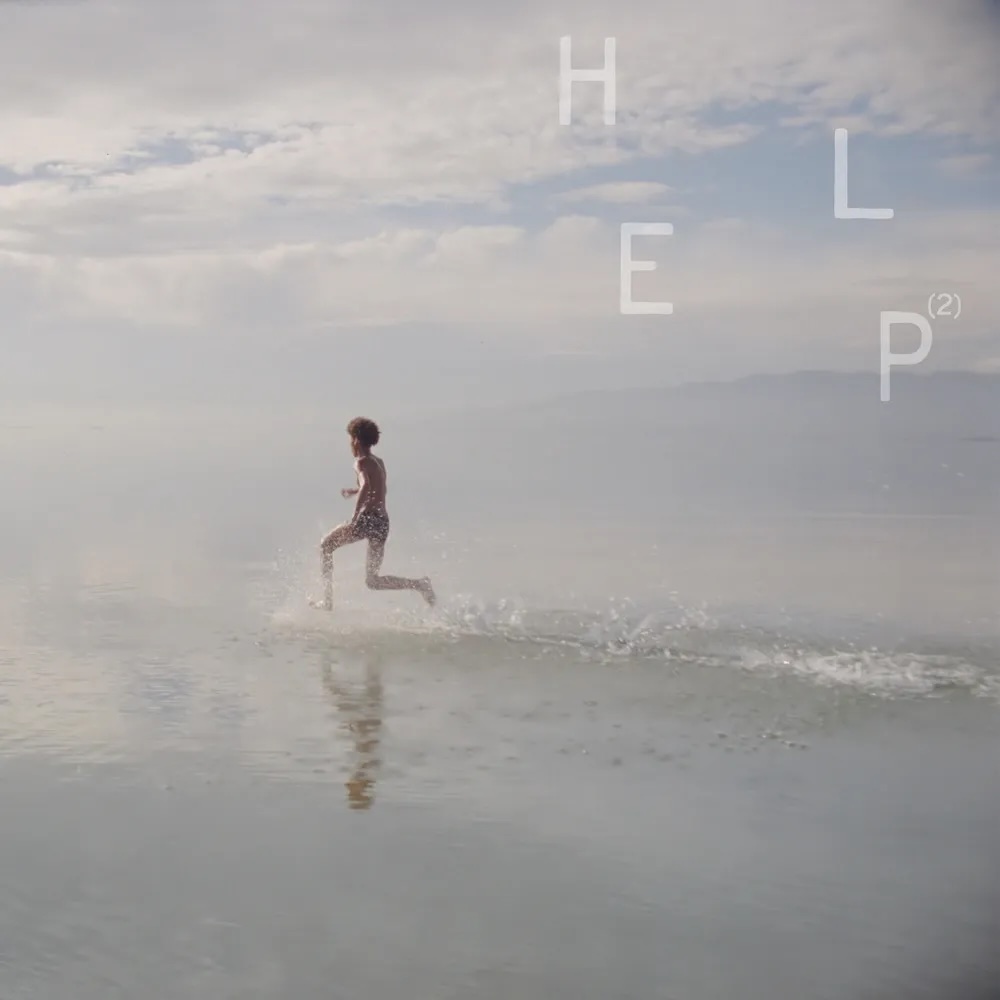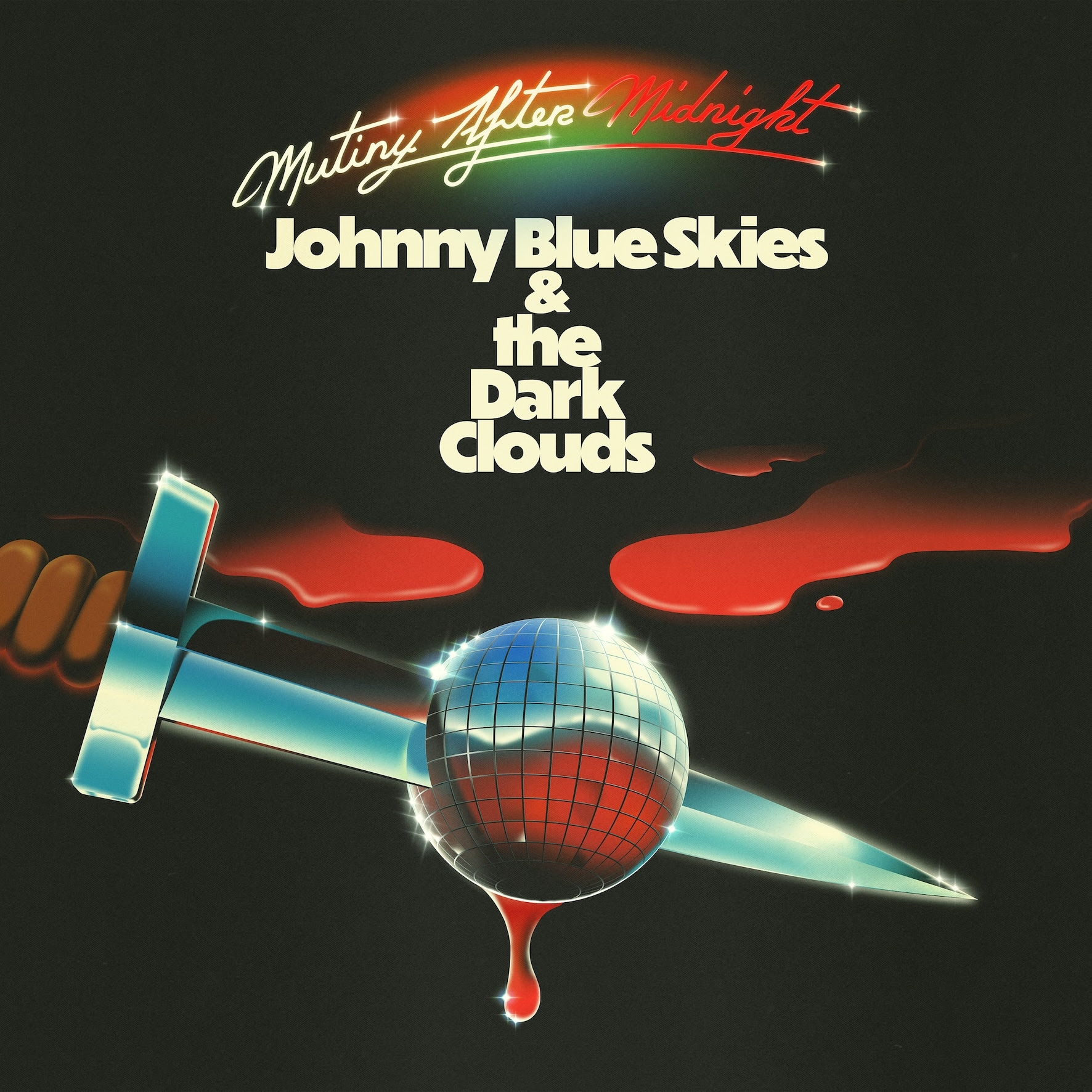When we're children, ghosts are translucent forms draped in white sheets molded to mimic someone we once knew. They fold themselves into dressers and skulk behind the banister; they cower in the attic and wreak havoc on the home when night falls. In stories told around campfires and at sleepovers, ghosts harbor vendettas and seek revenge, they pursue the innocent in search of absolution. A haunting of any sort is a malicious thing, and though the ghosts rattling the pipes disappear after a certain age, the foreboding, creeping sense that we’re being haunted by something distant doesn’t always leave. Ghosts of our former selves vaporize and find homes in new vessels – they seek us out in photographs, in heirlooms, in déjà vu, and in music. Certain sounds evoke a place and time, a person, so suddenly that hearing them can feel like pointed attacks. They transport us, whether we ask for it or not, into an earlier iteration of ourselves, returning the past to present, collapsing our sense of linear time.
The phantasmagoric pop of Broadcast’s Tender Buttons references this rift in subtle layers. It’s rare to read anything written about the band without finding a reference to Trish Keenan’s unearthly voice and onstage persona. In many ways, Keenan defines this band -- she's the lyricist who painted their mood, and though her voice can be eerie, there is a fragility to it that saves her from sounding ominous. Tender Buttons turns 10 this weekend, which seems like an arbitrary distinction for a record that so pointedly pushed itself up and away from alternative records of the mid-2000s, existing somewhere on the periphery of time. Helmed by Keenan and James Cargill -- alongside founding members Roj Stevens, Tim Felton, and Steve Perkins -- Broadcast melted-down vivid '60s psychedelic kitsch into something that sounded thoroughly modern and at home accompanied by spare electronic instrumentals, unearthing samples and restructuring them for a new audience.
Broadcast formed in Birmingham in 1995 -- 10 years before the release of Tender Buttons -- and at the time, they were considered Stereolab runoff, a fate that befell a vast number of electronic-tinged, shoegazey bands of the mid-'90s. For Broadcast, that title was made all the more pertinent when they released some of their earliest singles on Stereolab’s own London-based label, Duophonic. From there, Warp Records compiled the various singles into their 1997 release, Work And Non Work. Still, it took Broadcast five years to release a true, cohesive album. The Noise Made By People made its debut on the cusp of the millennium, in April of 2000. It was the band’s introductory statement, a vast, wide-open dreamscape of sounds that could narrate the moments before falling asleep, when the half-conscious mind makes absurd connections and the darkness behind your eyelids goes fuzzy like TV static. That album was well-received, but it wasn’t as revered as their sophomore effort, Haha Sound. Like The Noise Made By People, it was lush, but unlike Broadcast’s debut, there was something more sinister to its percussion, a bit of added chaos dismembering those early, soft psychedelic dreams and exposing a darker level of consciousness.
Those first two full-lengths are vats of unmediated sound, stirred and thinned-out by Keenan’s voice. For that reason alone, Tender Buttons is not an obvious outlier in Broadcast's catalogue, but for fans of the earlier two albums, it's harsh, even grating in comparison. In many ways, Tender Buttons is a much more haunting record, an album that descended into the nightmarish, the uncanny, more willfully than Haha Sound or The Noise Made By People attempted to do. If we’re to define it strictly, Tender Buttons is also Broadcast’s final formal album, and it's the first time that Keenan and Cargill wrote and recorded together on their own, as a duo. The band released a collection of B-Sides and rarities, The Future Crayon, the next year, and worked alongside fellow UK spiritual guides the Focus Group on a collaborative album that was released in 2009. In 2013, Broadcast’s soundtrack to Peter Strickland’s horror film, Berberian Sound Studio, was put out despite the fact that Keenan had passed away two years earlier.
[videoembed size="full_width" alignment="center"][/videoembed]
Keenan’s untimely death at the age of 42 is the most obvious specter that haunts not only Tender Buttons but all of Broadcast’s recordings. And, as someone who discovered this band in the years following, it’s easy to tie up their legacy with her tragic end, to prescribe a darkness to their songs that doesn’t necessarily have a foundation to stand on without the preexisting knowledge of her passing. Keenan’s voice tethers even the sparest, most experimental tracks to our attention span, and it's easy to envision her as the most human element to their sound, pinning us down and keeping us present until the instrumentation overwhelms. Tender Buttons inaugurates with plodding synth notes that mimic the pattern of a dripping faucet. “I Found The F” chronicles some form of relational decay, the separation of the emotional from the physical described through the lens of a world in bloom: "I found the fragrance separate from the flower/ In all logic I was lost." In a 2006 interview, Broadcast discussed the darker, spare sound of Tender Buttons, and Keenan commented on the way that the pared-down instrumentals did away with some of the softer elements of her earlier lyricism: “With big strings and lush production it’s easy to describe nature, things like mountains and birds ... When you strum a guitar, there’s too much reality that comes with that.”
That straightforward, linear form of storytelling is what Tender Buttons seeks to contradict. The album leaps from the waft of flowers in bloominto meditations on something undefined, illustrated by the occult image of a black cat. The title track is a chant, the stringing together of a series of words that don’t hold any immediate resemblance to one another, a stream-of-consciousness that ends on the repetition: “die, cut, die, cut.”
[videoembed size="full_width" alignment="center"][/videoembed]
The chant is a declarative turning point of this album, the definitive moment that marks its darker territory and exemplifies Broadcast’s sound-collage aesthetic: a cut-and-paste formula bringing together psychedelic renderings and analog electronics. It’s this resurfacing of vivid, older melodic structures and instrumental stylings that make listening to this album a kind of haunting experience, too. It’s not just Keenan’s voice, though in an oft-quoted interview with The Wire, she explained why writing to sample-based music and preexisting sounds on Tender Buttons was a disorienting experience, which she likened to time travel:
I think the evocation of memory in our music could be seen as the residue of imaginary time travel. You can either go forward or back. You go back in order to change something in the now, to redesign the course of events for personal reasons. When you go back to a previous musical time you're trying to recall a memory that never happened to you, that is not stored... When you make music in backwards time travel it's shadowy or faint impression as though you're looking back through two clouded lenses, one is the time travel portal the other is a false recollection process.
This method of false recollection is one that Simon Reynolds illustrates at length in Retromania: Pop Culture’s Addiction To Its Own Past, a book that examines the constant recycling of musical trends from around the time of the '50s on. From Reynolds' perspective, music of today constantly appropriates that of the past in ways that can be innovative or destructive, depending on your point-of-view. Reynolds focuses a great deal on sampling in hip-hop and beyond, and then lands on a single word to summarize the experience of re-hearing sounds in a new millennia, from a new perspective: Hauntology. It's a term that originated in Jacques Derrida’s 1993 critical theory text, The Specters Of Marx, to describe the spirit of communism that still hung over Europe in the years after the Berlin Wall fell. Though his treatise is long and complex, it can be described in brief as: We can never rid ourselves of our historical past; our ghosts surround us well into adulthood. Broadcast appear in Reynolds' book as he explains the hauntological. It's a passing mention that surfaces when he delves into a description of the process that wrought some of the Focus Group's music, with whom Broadcast collaborated with on Witch Cults Of The Radio Age. (Hauntology was also brought up in the days after Keenan's death, when Jess Harvell wrote an extensive obituary for Pitchfork honoring the late musician.) From Reynolds' perspective, it can be exhausting to mediate the difference between kitschy retro and inventive re-appropriation. Tender Buttons transcends that barrier to entry by claiming two polarities; their brand of hardened psychedelia allows us to believe beyond our existing realities, while simultaneously keeping us grounded in it.
[videoembed size="full_width" alignment="center"][/videoembed]
There is one emotional outlier on Tender Buttons, a lullaby of sorts called "Tears In The Typing Pool." Unlike "Corporeal," "Michael A Grammar," or "America's Boy," it lacks a pop-infused, static-inflicted beat, riding solely on the strumming of a guitar and a few ambient sounds. It's desperately sad, which isn't necessarily a common emotion found on the record -- muted and melancholic, maybe, but never sad. "Tears In The Typing Pool" begins at the end of a finish line as Keenan sets up her riddle: "The long distance runner has stopped on the corner/ But I won't give up, although I've stopped too/ Before the end of me and you." She goes on to describe the feeling of déjà vu that disorients you when a relationship slows down in the same place that the last one did, when its devolution mirrors that of another in earlier years. It's about feeling like your life is not a unique novel worthy of constant documentation, but rather a retelling of another: "The page turns on me and you/ Across that white plain/ The land is unchanged." That someone's sudden absence may not leave a permanent trace on this Earth is a gut-splintering revelation, a sentiment echoed in the second-to-last song on the album, "You And Me In Time," but it's one that the Broadcast of Tender Buttons doesn't necessarily subscribe to. Theirs is an album that exists outside of time and slows down our sense of it, exiling cartoonish ghosts of childhood and allowing us to examine the ones that remain in a universe where past, present, and future coexist seamlessly.






